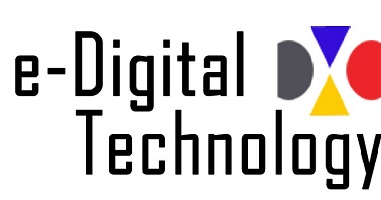
As we see the growth of the digital world, at the same time, we see an increase in issues related to data privacy. With more of our personal info going online in the course of transactions, communications, and identity verification — we are at a crossroads which requires us to protect user data without at the same time we sacrificing efficiency.
To that end, Zero Knowledge Proofs (ZKPs) are very much at the forefront. This tech, which is a part of the crypto space provides a great solution to present issues by allowing info to be verified without actually putting out the real dat,a which in turn sets the stage for a large-scale change in what we see as internet privacy standards.
What Are Zero-Knowledge Proofs?
Zero Knowledge Proofs present a scenario in which one party (the prover) can convince another party (the verifier) that they know a certain piece of info or meet a certain condition, and still come out completely anonymous as to what that info is or what exactly makes them meet that condition. For example, proving age without presenting a date of birth or that you have enough money for a purchase without showing your full bank statement. That’s what Zero Knowledge Proofs do.
In the 1980s, Zero Knowledge Proofs saw the light of day but today they have seen a revival of interest, in particular with the growth of blockchain, DeFi, and digital identity systems.
Enhancing Online Privacy
Traditional methods of verification see to it that users hand over very large amounts of personal info which in turn puts them at risk of identity theft, data breaches, and unauthorized surveillance. With Zero-Knowledge Proofs we see a different approach which reduces the data that is put forth. Instead of sharing in detail their information, users present proof of the information’s validity.
For example, in the case of Zero Knowledge Proofs a website may check that a user is a resident of a given country or has a valid subscription without in fact accessing the user’s private documents or databases. This in turn, may see a large drop in the amount of private information put at risk by cyber attacks.
Transforming Digital Identity
The trend of self soverign identity in which individuals have control of their digital identities is on the rise and Zero Knowledge Proofs are at the forefront of this. Instead of use of centralized servers which are a target for hackers we see users keeping their credentials on their devices and only producing proofs as they are needed. This will in turn enable people to interact with online services securely, confidently, and privately.
Impact on Blockchain and Financial Transactions
Blockchain networks are transparent as designed, yet that transparency may go against what is required for privacy. Zero-Knowledge Proofs put forth a solution that is to have private transactions in public ledgers. Projects like zk-SNARKs (Zero-Knowledge Succinct Non-Interactive Argument of Knowledge) and zk-STARKs (Scalable Transparent Argument of Knowledge) we see to be proof of how blockchains can do transaction validation without going into who was part of it or what the exchange was.
This innovation brings us to a world which we preserve our financial privacy at the same time we do not trade off security or decentralization, which is very much a issue in the like of banking, health care, and supply chain management.
Challenges to Adoption
Despite what Zero Knowledge Proofs may bring to the table, they also present issues. The technology is at times very compute-intensive which in turn requires large-scale processing and complex algorithms. Also, we are still in the early stages of creating standard models and bringing ZKP solutions to the mass market.
Education of businesses and policymakers is key to overcoming skepticism and putting Zero-Knowledge Proofs into play within large-scale privacy regulations.


